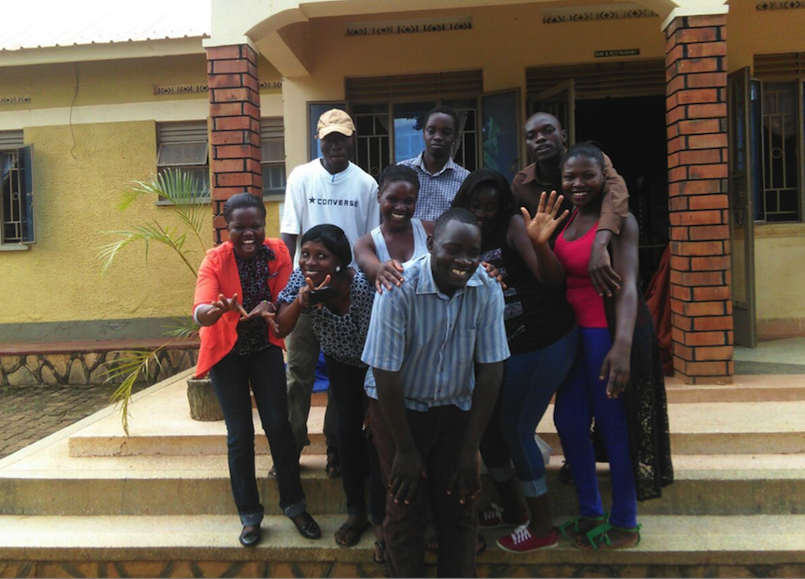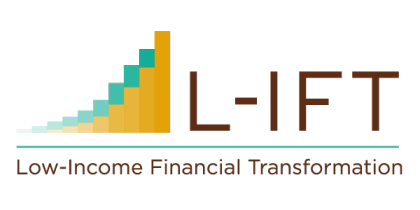My journey as as a research intern at L-IFT during the Finance and Energy Diaries Project (FEDU) has been fabulous, colored with numerous learning experience and I am thrilled at how much I have developed during this time.
During my internship, I worked with FEDU majorly in the eastern districts of Mbale, Tororo and Manafa. There was not a single day where I did not feel proud to work with great colleagues in the L-IFT team. The field interactions with exceedingly friendly study participants and some of the community members I visited, will always remain a cherished experience of my time with the project.
Most significantly, the internship initiated me to the concept of diaries research. I have gotten to understand the fundamentals and rationale for adopting a diaries methodology for some research projects. I briefly highlight some of these lessons below.

Diaries Research Methodology
The diaries research methodology was the key distinguishing feature of the finance and energy diaries research project. A diaries approach involves interviewing the same cohort of study participants with largely the same set of core questions every two weeks for an extended period of time. For the FEDU project this was a period of around 6 months. The premise of this methodology is that the behaviour of individuals, especially those with low incomes, is largely dynamic. In order to capture the true nature of their behaviour in terms of earnings, expenses, savings and other relevant themes, a one-off interview will not provide an accurate picture of these fluctuations.
During my time with the FEDU project, I got first-hand experience on why adopting a diaries methodology for dynamic themes such as financial behaviour or energy use is vital. This dynamism was expressed in numerous ways: it could be a respondent who was using kerosene at the beginning of the research but changed to solar device usage midway through the study, harvest seasons could mean greater reported incomes and the December circumcision season amongst the Bugisu tribal community in Mbale region meant greater expenses due to the initiation ceremonies. From my experience, it is evident that a one-off data collection fails capturing these changes in financial behaviour.
Researcher – Study participant relationship
Another critical aspect of research I had not significantly appreciated before joining the FEDU project was the relationship between the researcher and study participants. During my time with the FEDU project I reconsidered my perception of this relationship, especially when doing research in communities with limited previous exposure to research or while studying personally sensitive subjects.
It was therefore natural that at the beginning of the project study participants kept their guards up, which possibly affected the answers they provided. Despite receiving initial briefings on the study aims, the true intentions of the interviews could be easily misinterpreted, especially in communities where challenges such as land grabbing or fraud are frequently experienced. However, the extended data collection exercise allowed trust to be built between the researchers and the study participants. With this, it was fascinating to see the progression of the relationships being built between them and it wasn’t difficult to notice that with time the respondents were more welcoming and free during their interaction with the research team. This further justifies adopting a diaries methodology as opposed to traditional research approaches, especially in cases where trust is critical in accessing accurate data.
A worthwhile experience
When I decided to seek to join the FEDU project as a research intern, I expected to gain experience in an outward looking organization with a global appeal that will provide me with unique transferable skills, something challenging with a social impact. In every sense, the past few months with the FEDU project have lived up to these expectations. During my time with the FEDU project I have been challenged, inspired and motivated to further contribute towards societal transformation. The knowledge gained and skills acquired, coupled with the professional networks, have made the internship a worthwhile experience.



By Simon Yesho
Research Intern
